- Have any questions?
- +86-189 8930 5995
- sales@mosinterchem.com.cn
Crizotinib CAS 877399-52-5

Linifanib CAS 796967-16-3
14/12/2018
Dovitinib CAS 915769-50-5
14/12/2018| Model: | MOS877399-52-5 |
| Place of Origin: | Shandong,China (Mainland) |
| Brand: | MOSINTER |
| Molecular Formula: | C21H22Cl2FN5O |
| Molecular Weight: | 450.343 |
| Content: | 98% |
| Specification: | CP/USP/EP |
| Flashing point: | 316.171°C |
| Boiling point: | 599.177°C at 760 mmHg |
| Density: | 1.475g/cm3 |
Crizotinib (CAS: 877399-52-5)
| Item | Index |
| Molecular Formula | C21H22Cl2FN5O |
| Molecular Weight | 450.343 |
| Specification | CP/USP/EP |
| Content | 98% |
Crizotinib (trade name Xalkori, Pfizer), is an anti-cancer drug acting as an ALK (anaplastic lymphoma kinase) and ROS1 (c-ros oncogene 1) inhibitor, approved for treatment of some non-small cell lung carcinoma (NSCLC) in the US and some other countries, and undergoing clinical trials testing its safety and efficacy in anaplastic large cell lymphoma, neuroblastoma, and other advanced solid tumors in both adults and children.
Mechanism of action
Crizotinib has an aminopyridine structure, and functions as a protein kinase inhibitor by competitive binding within the ATP-binding pocket of target kinases. About 4% of patients with non-small cell lung carcinoma have a chromosomal rearrangement that generates a fusion gene between EML4 (‘echinoderm microtubule-associated protein-like 4’) and ALK (‘anaplastic lymphoma kinase’), which results in constitutive kinase activity that contributes tocarcinogenesis and seems to drive the malignant phenotype. The kinase activity of the fusion protein is inhibited by crizotinib. Patients with this gene fusion are typically younger non-smokers who do not have mutations in either the epidermal growth factor receptor gene (EGFR) or in the K-Rasgene. The number of new cases of ALK-fusion NSLC is about 9,000 per year in theU.S.and about 45,000 worldwide.
ALK mutations are thought to be important in driving the malignant phenotype in about 15% of cases of neuroblastoma, a rare form of peripheral nervous system cancer that occurs almost exclusively in very young children.
Crizotinib inhibits the c-Met/Hepatocyte growth factor receptor (HGFR) tyrosine kinase, which is involved in the oncogenesis of a number of otherhistological forms of malignant neoplasms.
Crizotinib is currently thought to exert its effects through modulation of the growth, migration, and invasion of malignant cells. Other studies suggest that crizotinib might also act via inhibition of angiogenesis in malignant tumors.
You must be logged in to post a review.
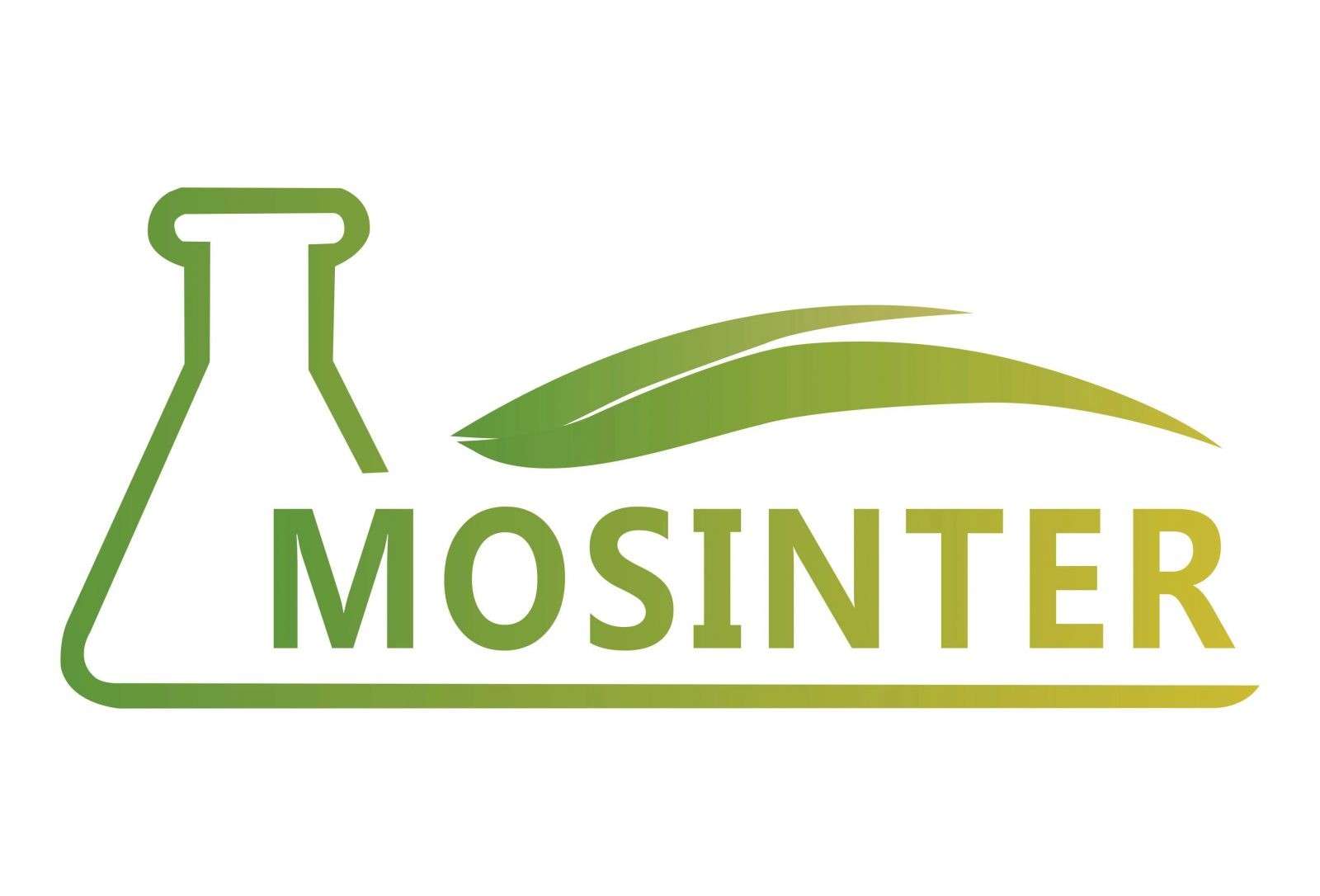
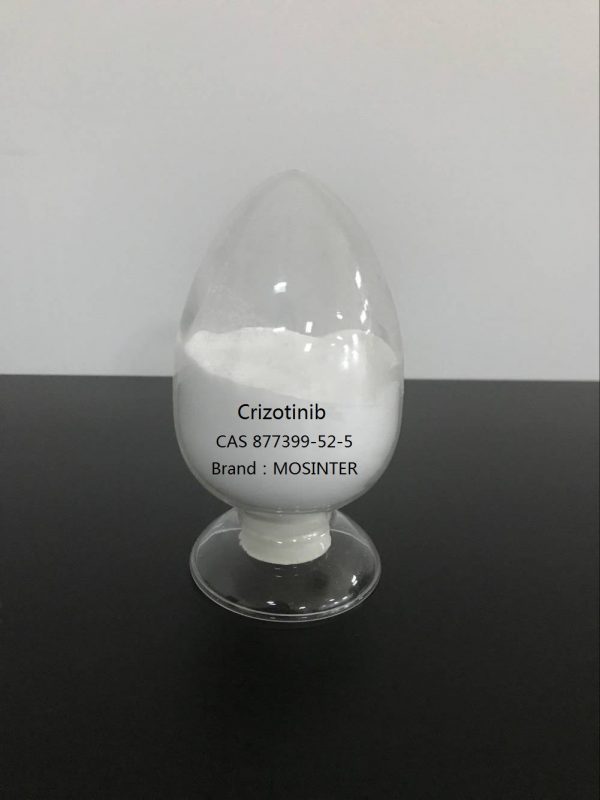
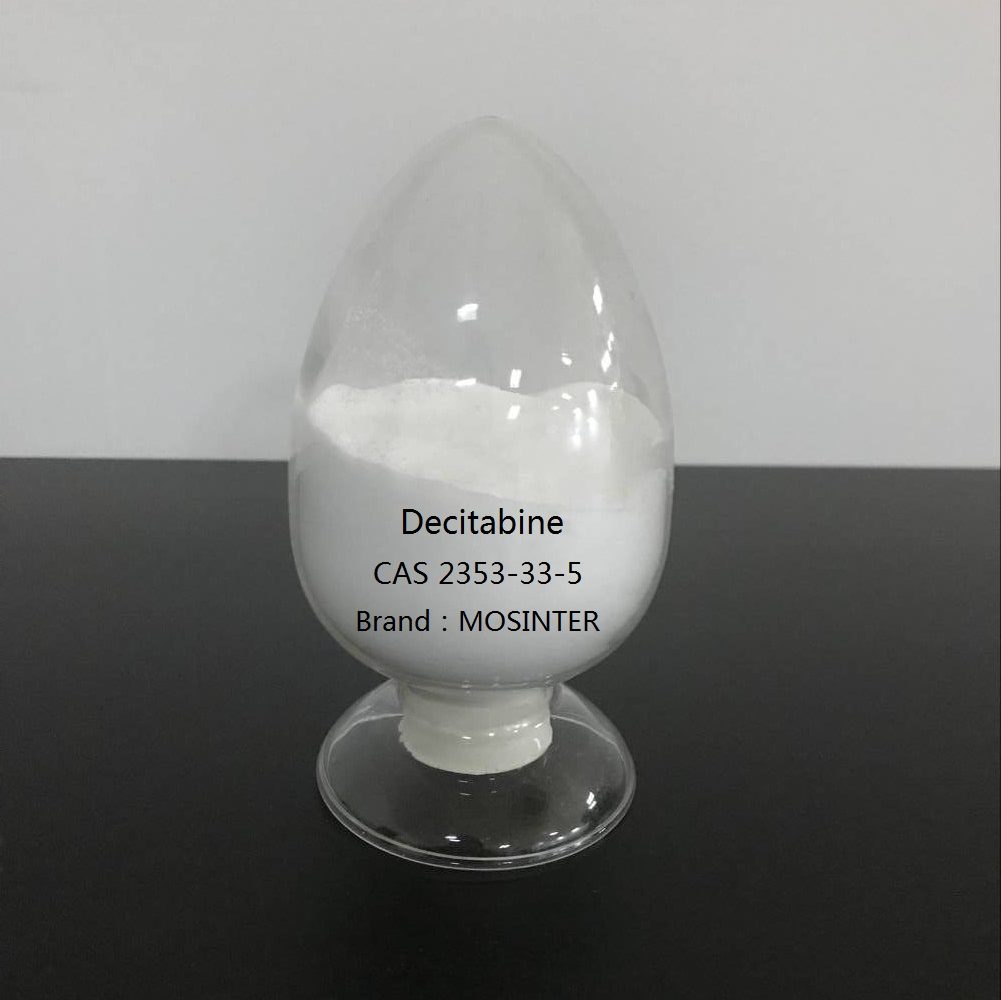
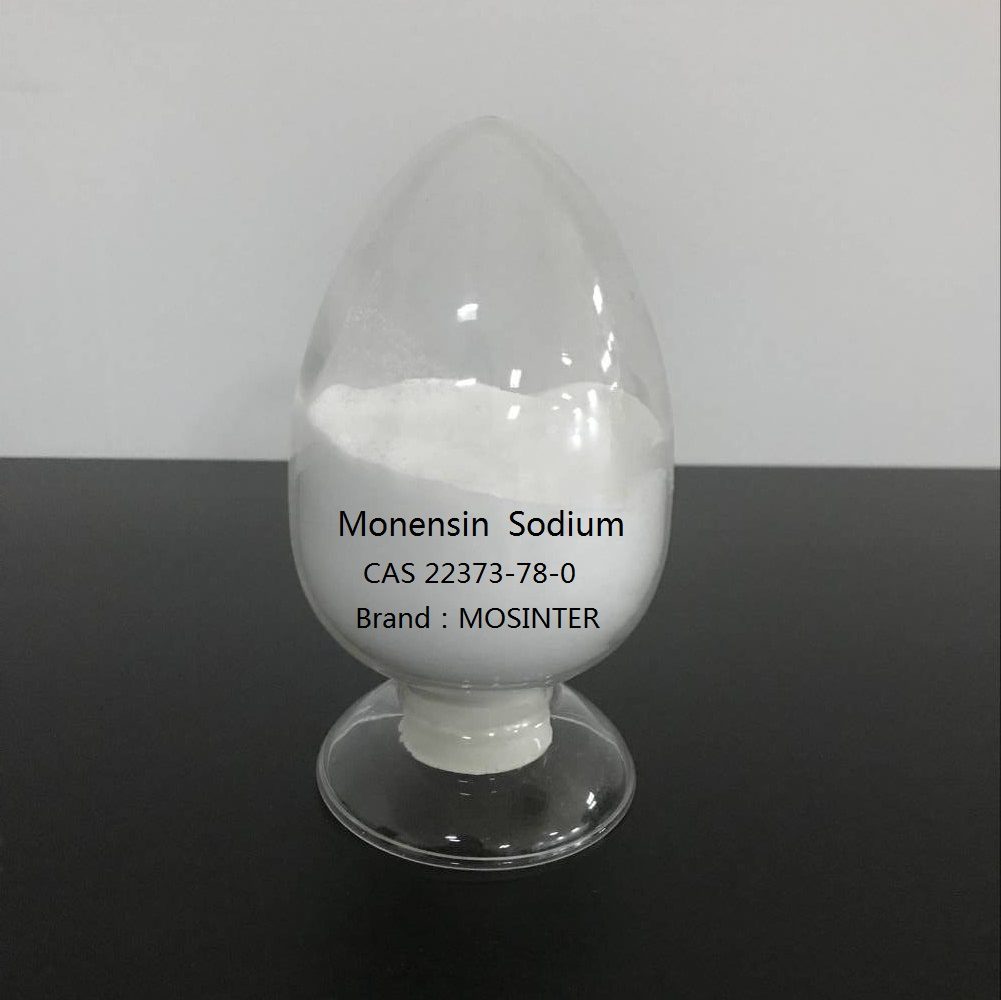
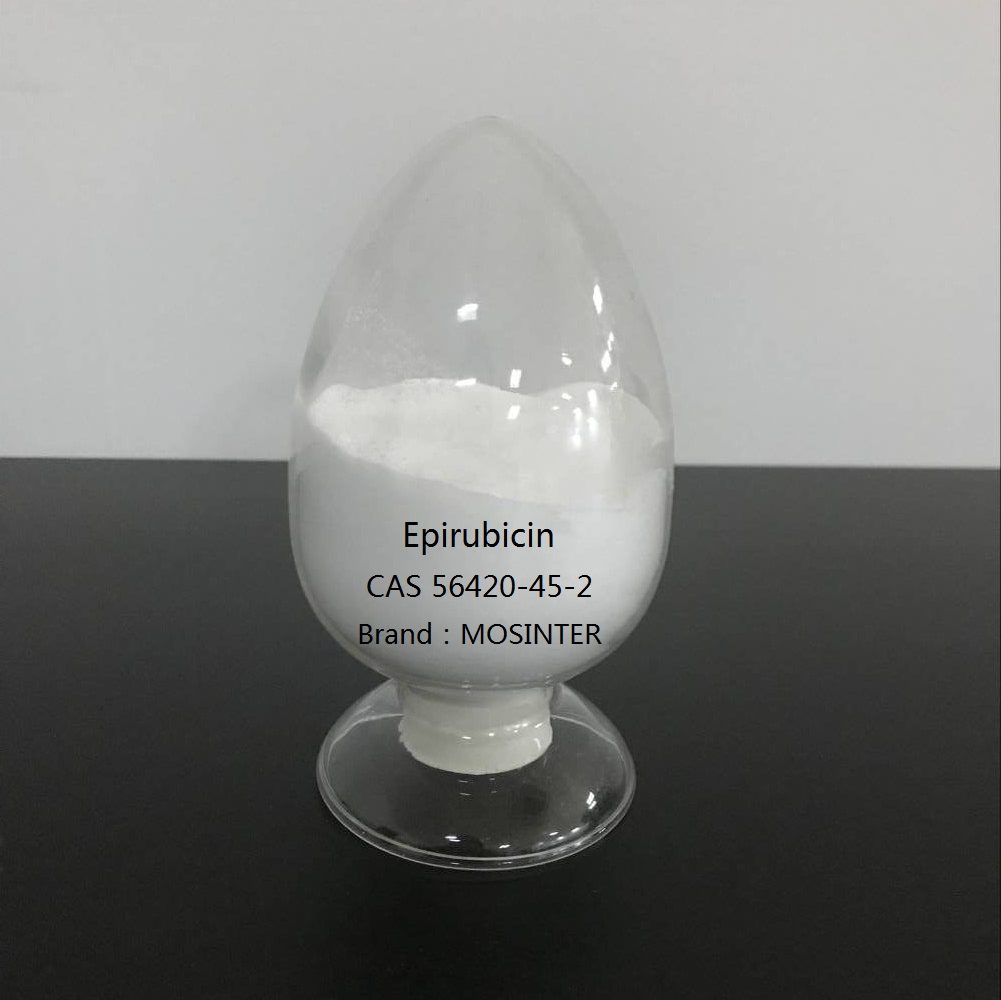
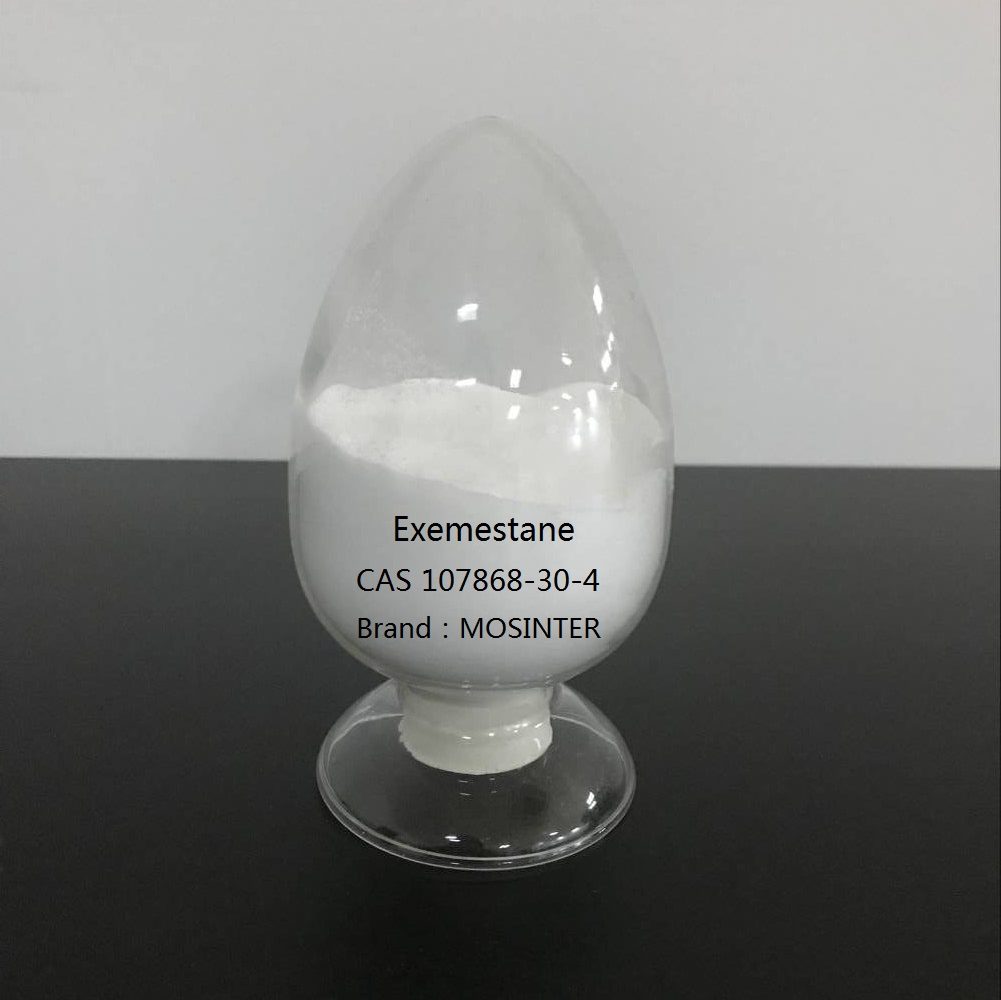
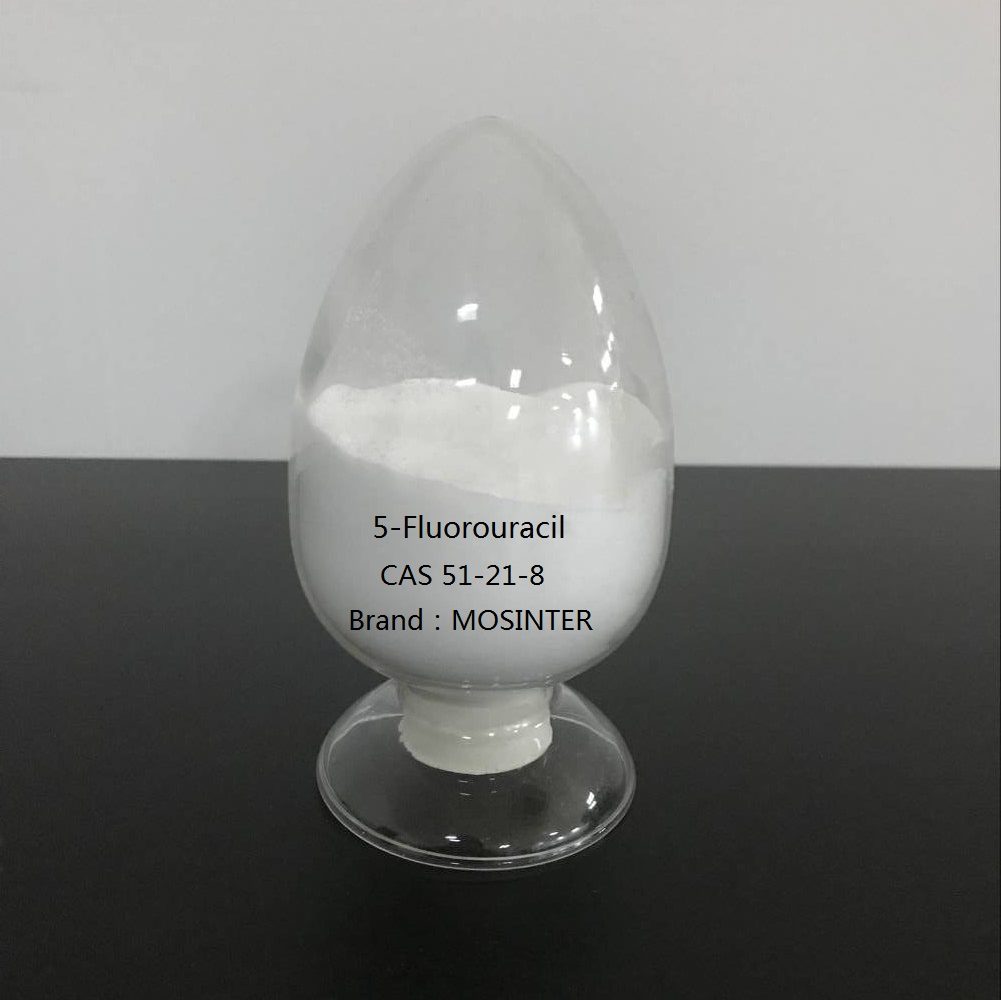
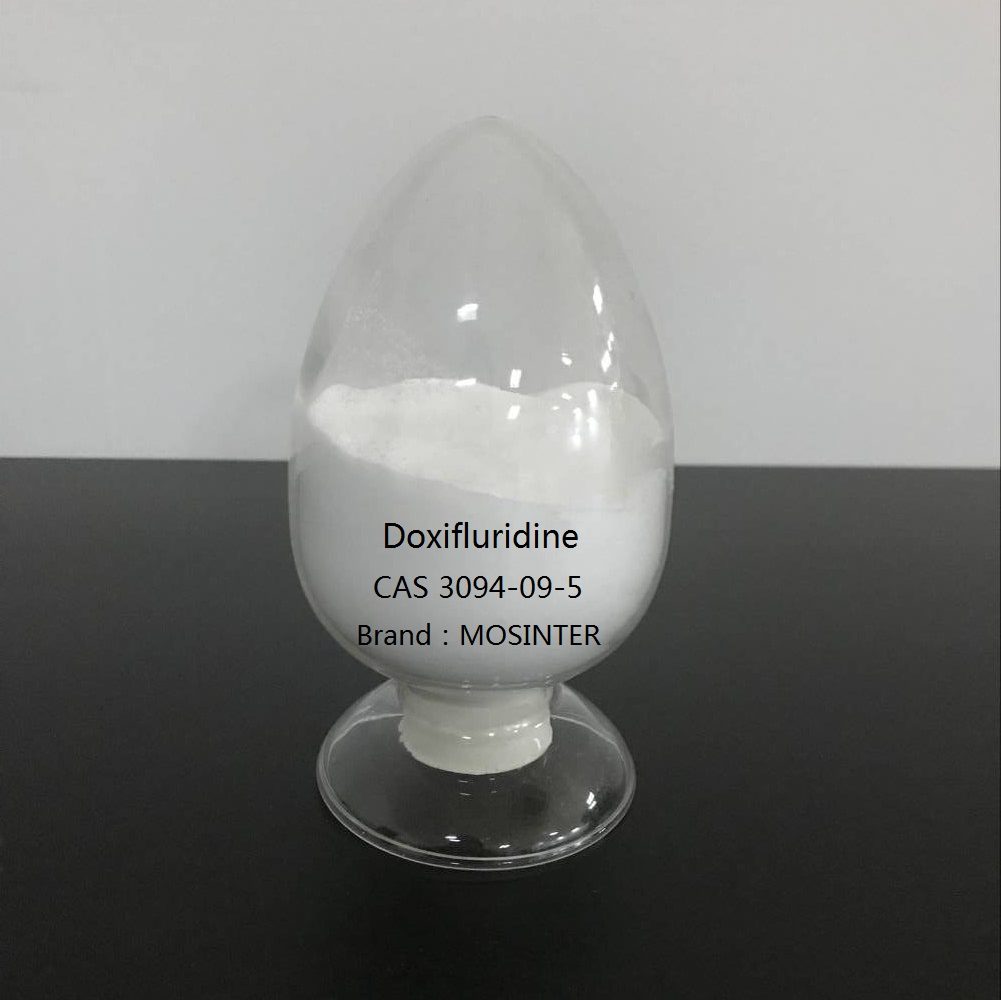
Reviews
There are no reviews yet.